Dissecting video
A few weeks ago, the fine folks over at Limebird Writers celebrated their first anniversary. To commemorate, they had a contest with a bunch of fantabulous prizes that would make any aspiring writer’s quill quiver with eager excitement, mine included. My video didn’t win, but the process was such fun – and so easy – I thought I’d share a few of my production steps.
1. Text.
Every story starts with text. (Well, every story starts with an idea, but you need to put the idea on paper if you want to be able to share it.) I wrote a (very loose and very silly) poem, which you can read below:
“Happy birthday, Limebirds!”
Just one short year ago today
The Web was graced with an idea so bright
A place for writers to tell their stories
To craft and let their words take flightSafe harbor from the fright’ning storm
Of jealous trolls and arbalests
Where artists could be free and nurtured
‘Til they’re ready to leave their nests.The word rang out to authors round
And the name came to be known.
Storytellers settled in
And so the family’s grown.No matter what your pen may favor –
Poetry, horror, SF, YA –
You’ll always have a friend with
The Limebirds UK.
Yes, I know the meter is inconsistent, and the sentiment is a bit heavy-handed…but I wanted to do something fun, especially since it was going to be sung.
2. Audio.
Despite it being called a “video,” audio is perhaps the most important part of any video project. You can cover up crappy video, but you can’t cover up crappy audio. I recorded my audio using Audacity, a great piece of cross-platform shareware available from Sourceforge. I recommend Audacity mostly because it’s easy to use and free to download, and exports to MP3 with very little issue.
(As for the tune, B came up with that herself. I was trying to find some music to go with the cadence, but she just ran with it, so that’s what I kept.)
3. Video/Images.
This isn’t really a video, per se, since it’s just static images sewn together with Final Cut Pro.
I use FCP because it’s what I’m used to, but Adobe’s Premiere product is very good, too. (For those of you who are students or work at a college or university, make sure to ask for the educator’s discount!) If you’re not interested in shelling out lots of money for either of these programs, Apple’s iMovie and Windows Movie Maker are adequate – if not very powerful – substitutes.
I sized and cropped each of the images for video (720×480) in Adobe Photoshop (again, because that’s what I’m used to). If you don’t want to spend a lot of money on Photoshop, though, check out a nice little freeware program called GIMP, which is, frankly, a great alternative. (GIMP does not have quite as many bells and whistles as Adobe’s products, but it is a powerful little program.)
I did make sure to use public domain images so I wouldn’t infringe on anyone’s creative art. Wikimedia Commons is a great place to get royalty-free, open-access imagery. Just make sure to pay attention to the usage rights attached to each image, as these are specified by the original artist, and we don’t want to exploit anyone else’s work. 🙂
So! Here’s the full video. At 01:19, it’s a bit long for what it is, but it’s difficult to tell a kid to hurry it up. 😉
[youtube http://www.youtube.com/watch?v=Y6IGm6GucXs?rel=0&w=420&h=315]
Have you ever experimented with video? What kind of video did you make…or would you like to make? Let me know! Oh, and do make sure to stop by the Limebird Writers. They’ve always got great things to say!


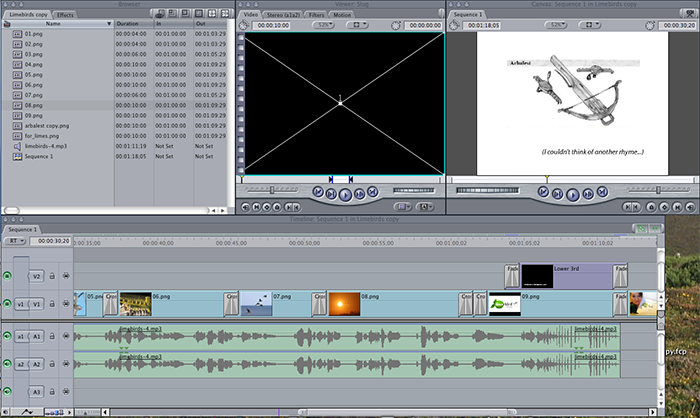
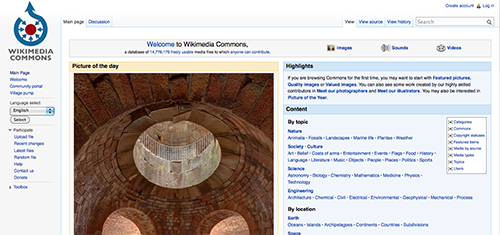
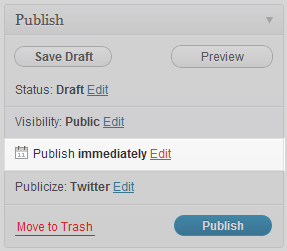
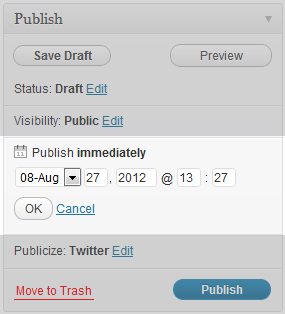
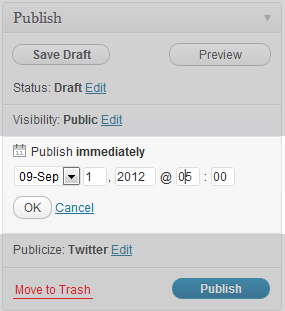
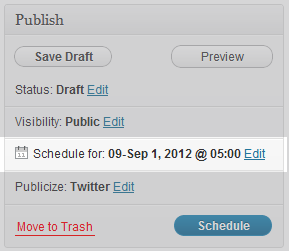
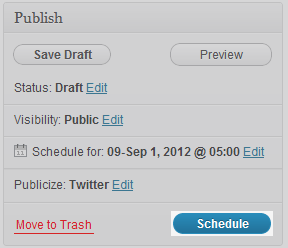
Recent Comments
The Real Person!
Author Mayumi-H acts as a real person and passed all tests against spambots. Anti-Spam by CleanTalk.
The Real Person!
Author Mayumi-H acts as a real person and passed all tests against spambots. Anti-Spam by CleanTalk.